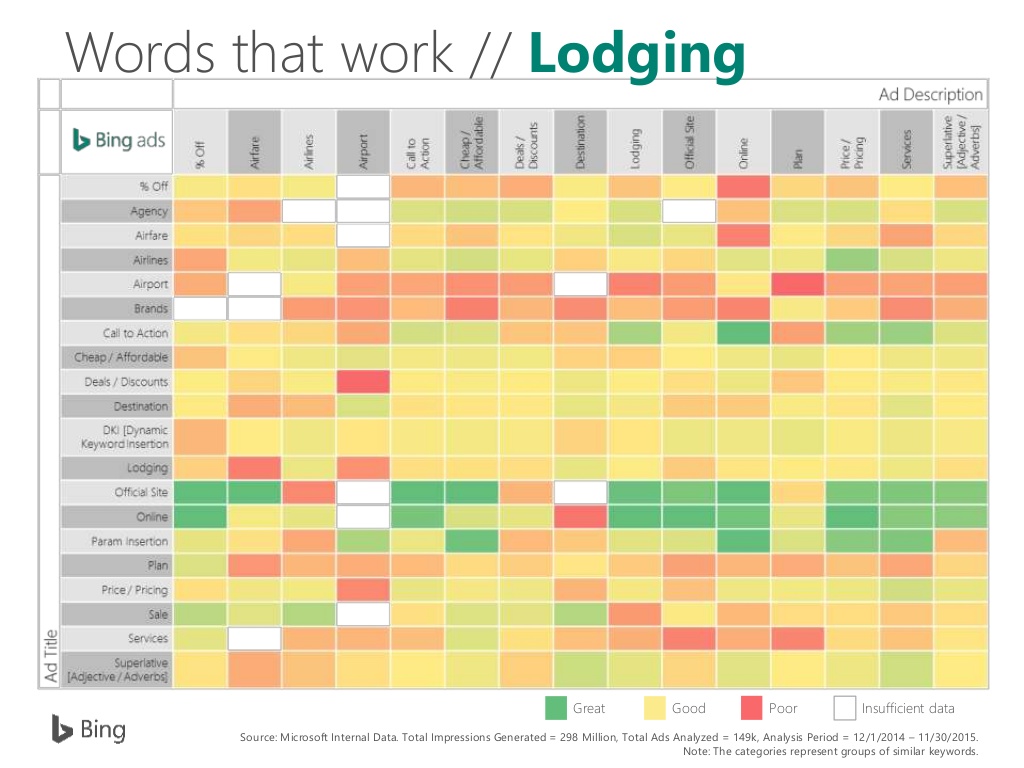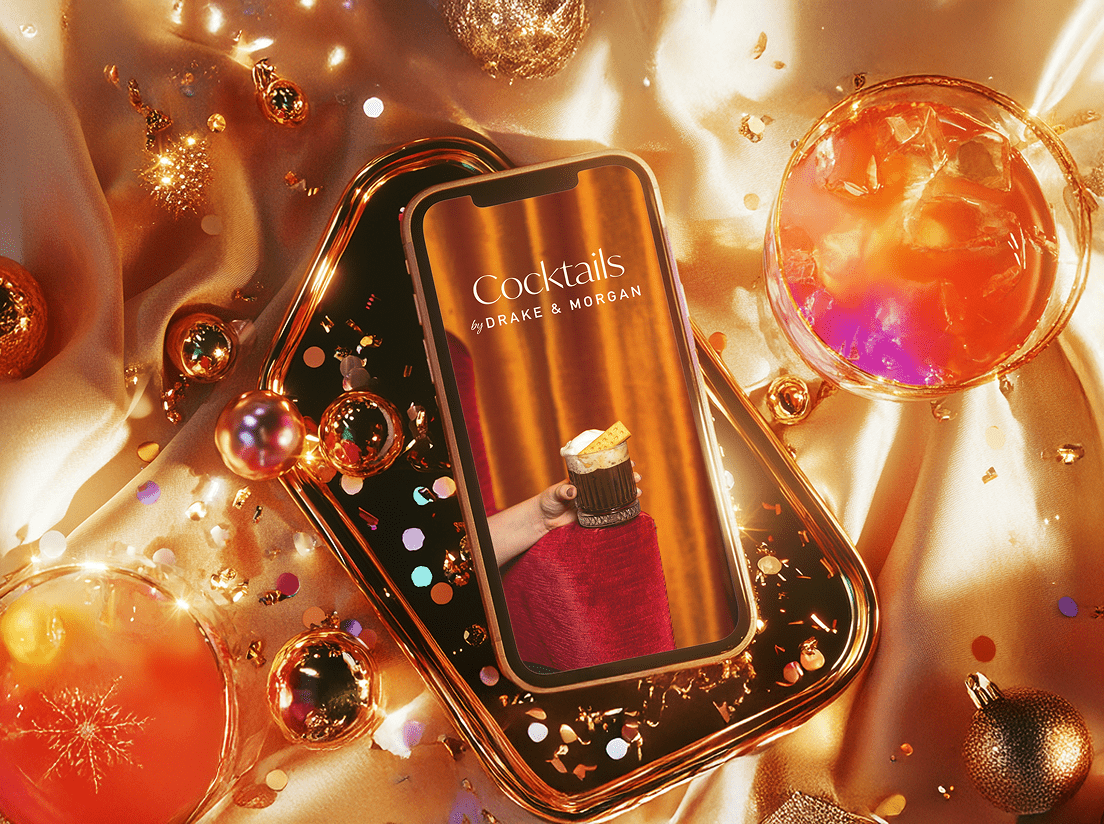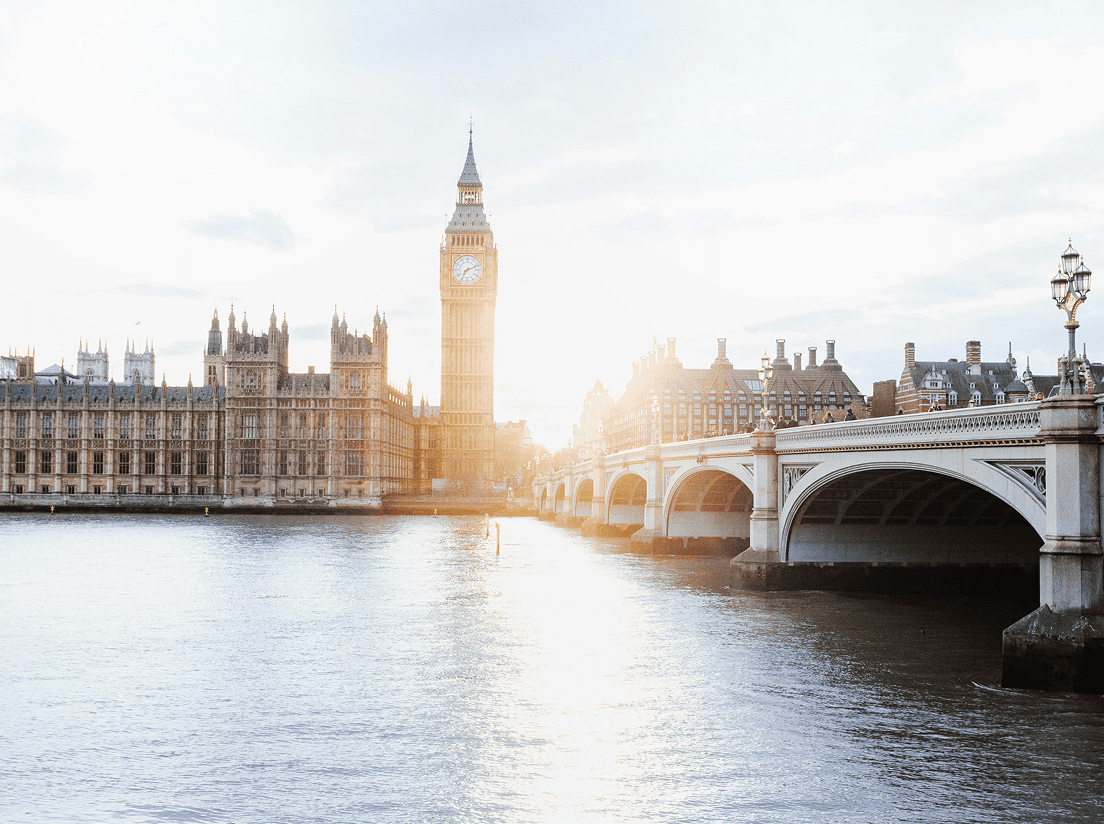
If you work in travel, life is good. American unemployment rates are lower, available disposable income is high, and the dollar is strong. According to projections, domestic and international travel is slated to see sustained growth through 2021. Digital travel sales in the United States are projected to top $180 billion this year – a 7.5% increase YoY. The question is no longer if Americans are traveling, but where are they choosing to go? And how are they being convinced that one destination/hotel/airline is the one that they should choose? Smart brands have already moved away from traditional print advertising towards more targeted and data-driven digital marketing strategy and of all of that money pouring online, ½ of digital spend is expected to go towards paid search.More than that, with mobile travel sales up 25% and making up ⅓ of online travel spend, brands would be remiss to not include a mobile strategy in their marketing mix to get their piece of this $65 billion piece of pie.So how can hotels and travel brands optimize their ads for converting both on desktop and mobile? According to Bing’s recent study on keywords used in travel ads, the right combination of title copy, ad body copy, dynamic parameter insertion, and timely use of sitelink extensions can make all of the difference.

Across the board, it looks like ads with branded terms and “official site” in the description preformed well and presented a high ad quality performance. For lodging searches, copy that includes mentions things like “official site”, “online”, or that utilized dynamic parameter insertion was most effective.However, the best way for any brand to decide how to structure your ad copy is to tailor ads based on your subvertical and your audience. Remember that there is always a person on the receiving end of your ads. Are you speaking to them like they are your target audience and anticipating what it is they will be interested in?Remember that someone who is looking for a deal might include the words “cheap” or “affordable” in their search query. Does your ad copy correspond?

Millennials and experience seekers are increasingly focusing on destinations that incorporate festivals or cultural activities into their marketing and event planning strategies. If you are already doing your best to woo this audience on-property, are you doing it online with your ad copy too?As mentioned earlier, do not – I repeat – do not forget about mobile. Develop mobile-specific ads that speak to mobile searchers who are likely interested in checking prices, comparing feature or finding last-minute deals on the go.Finally, don’t ignore sitelink extensions. They offer a great opportunity to call out certain features of your brand that might not fit into your ad copy and highlight things that your target audience might be looking for.

Again, this all fits into the theme of understanding who your customer is, where they are looking for you, and anticipating their needs. Brands who have a clear understanding of how to reach their customers are poised to succeed not only on paid search channels, but through influencer marketing and content curation as well. This comes down to listening to guests, reading guest reviews, and truly immersing yourself in the guest experience, but you’re in the hospitality business so that part should come easy.






